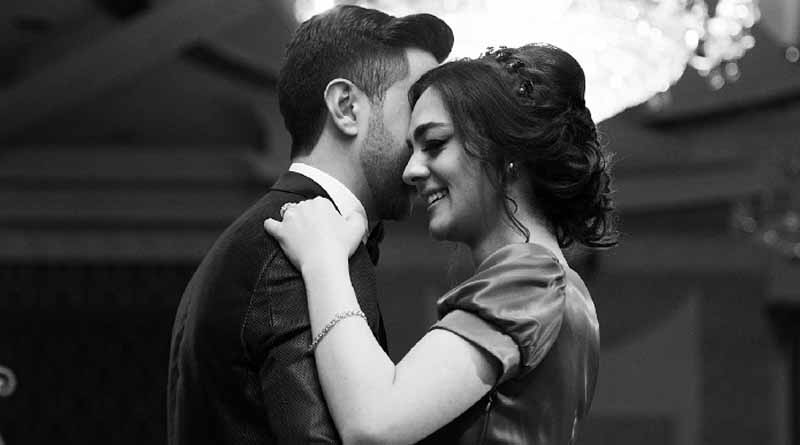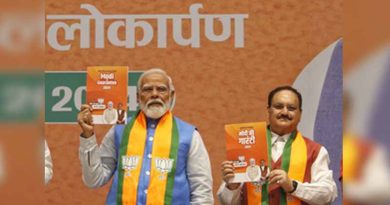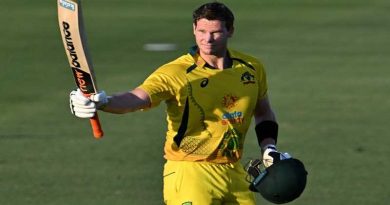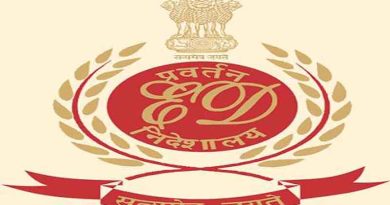4 Distinct Patterns That Determine the Duration of a Relationship
Insight Online News / By Rhia Nichols
Have you ever been in a relationship and wished you had psychic abilities to anticipate where it was going? Have you ever scoured the internet or prayed to God, asking, How long will my relationship last?
Science has developed a method for predicting the outcome of your relationship without the need for Tarot cards or crystal balls.
According to 2015 research published in the Journal of Marriage and Family, four sorts of relationship patterns might suggest whether a couple is likely to remain together.
Brian Ogolsky of the University of Illinois and his colleagues performed the study, which categorized couples based on changes in their commitment to marry and the reasons behind these changes.
Unlike earlier individual-centered studies, this one focused on relationships as a whole, as well as the relationship in connection to social media.
The research included 376 unmarried couples in their mid-20s who were followed for nine months. The participants were instructed to keep track of any significant changes in their feelings toward their spouse and were questioned on a monthly basis.
The researchers examined all of the data to forecast how long a relationship would endure if it ended in marriage.

Here are the four unique patterns that define the length of your relationship:
Spending too much time with friends, squabbling, or not having enough in common are all factors that might harm the relationship.
Meeting the significant other’s family, spending a lot of time together, and having many things in common helped solidify the commitment to marry.
So, is your relationship one of these commitment types?
- Thriller
This couple’s relationship has ups and downs, with more downs than ups. They prefer to spend more time away from their partner and have more unfavorable feelings about their relationship.
Furthermore, the couple’s family and friends are far less supportive of the relationship.
Diagnosis: People in the dramatic group are more than twice as likely as the other three categories to divorce.
- Partner-centered
The commitment strategy is used in this sort of relationship where my spouse is the center of my world and there are very few downturns. Their commitment shifts are determined by how much time they can spend together.
Diagnosis: The partner-focused group is more likely to have their relationships evolve slowly and positively, moving organically from casual dating to proposing a more serious commitment.
- Socially active
This kind of relationship changes relatively infrequently, and when they do, it is typically not in a bad manner.
When changes occur, they are mostly dictated by the number of engagements people have on social media, as well as what their family and friends think of the connection.
Diagnosis: Because this form of relationship is very dependent on what other people believe, it has a flimsy basis. It may endure for a time, but they will most likely split up permanently.
- Controversial
These are the couples that argue the most and have a large number of downturns. Surprisingly, the scale of the changes in the relationship isn’t as high as the dramatic kinds, and it’s largely due to disagreements.
They are less optimistic about their relationship than partner-focused couples and get less support from the socially active group.
However, the conflict-ridden group is more likely than the dramatic group to maintain their relationship status. Perhaps the conflict keeps the relationship alive and passionate.
Diagnosis: While the conflict-ridden group is more likely to maintain their position than the conflict-free group, they are not on a firm foundation. Instead of fighting with your spouse, try to assist him or her.
Classification is an oversimplification that can only reveal certain connection patterns. Most relationships do not cleanly fall into one of these categories, but when they are mixed, they are more likely to succeed.
In conclusion, if your relationship is partner-focused, it has the best chance of lasting, and making a long-term commitment to marriage and beyond. In terms of length, socially engaged and conflict-ridden are tied, while dramatic is the least enduring of the commitment kinds.









